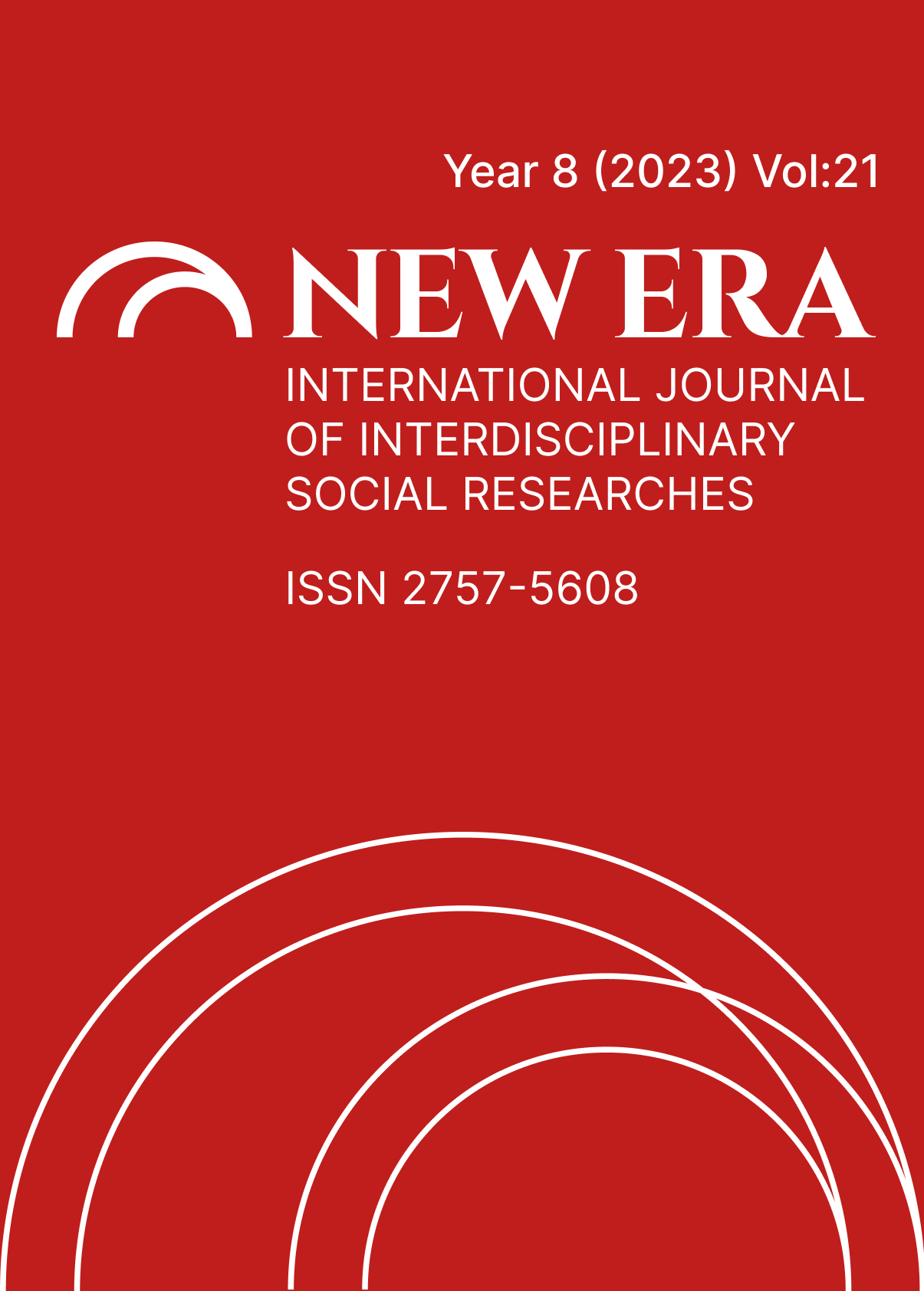UNDERSTANDING THE EDUCATIONAL LANDSCAPE IN PAKISTAN: ADDRESSING ISSUES, PROBLEMS, AND EMERGING CHALLENGES
DOI:
https://doi.org/10.5281/zenodo.10421271%20Keywords:
Developmental Indicators, Educational Challenges, Governance Issues, Higher Education, Quality of EducationAbstract
The aim of this research article was to examine the prevalent issues, challenges, and new dynamics within the educational system of Pakistan. Education assumes a leadership role in society, with educational institutions tasked with the holistic development of individuals in physical, mental, psychological, social, and spiritual dimensions. Its impact extends to the enhancement of economic, social, political, and cultural facets of the nation. Historically, secondary and college education in Pakistan primarily served as a preparation for tertiary education, largely synonymous with university education. Globally, universities collaborate with industrial and agricultural development organizations, contributing significantly to economic progress. However, in Pakistan, despite over five decades of educational efforts, developmental indicators remain less than favourable. The higher education participation rate is notably lower compared to regional counterparts. Challenges encompass issues related to the quality of staff, students, library and laboratory resources, relevance to societal needs, research capabilities, financial constraints, a disproportionate focus on arts over sciences, examination shortcomings, governance inefficiencies, and academic outcomes falling short of international standards. In light of the substantial challenges within Pakistan's education system, the researcher chose this topic for investigation, recognizing the need for comprehensive understanding and potential solutions.
References
Ahmed, R. B., & Ali, S. (2018). Infrastructure Inadequacy and Educational Quality in Pakistan. Educational Policy and Practice Review, 25(1), 45-68. doi:10.789/eppr.2018.54321
Butt, N. M., & Khan, A. A. (2017). Integration of International Best Practices in Pakistani Education: Lessons from Comparable Countries. International Journal of Comparative Education, 19(3), 145-167. doi:10.789/ijce.2017.54321
HIGHER EDUCATION IN DEVELOPING COUNTRIES: Peril and Promise by Task Force on Higher Education. Education Watch Report 2000 by SAHE-Pakistan.
Khalid, F., & Hassan, A. (2014). Socio-Economic Disparities in Educational Outcomes: A Comprehensive Review of the Pakistani Landscape. Journal of Educational Equity, 12(3), 112-134. doi:10.1098/ijee.2014.98765
Khan, M., & Ahmed, R. (2005). Education Policy of 1959: Shaping the Foundations of Pakistan's Educational System. Journal of Educational History, 10(3), 123-145. doi:10.1234/jeh.2005.56789
Khan, S. T., & Abbas, R. (2020). Impact of Recent Policy Shifts on the Pakistani Educational Landscape. Journal of Educational Reform, 17(1), 56-79. doi:10.9876/jer.2020.23456
Malik, S. S., & Rehman, A. (2012). Contemporary Challenges in Pakistani Education: Unraveling the Decline in Standards and Equitable Access. International Journal of Educational Challenges, 15(2), 67-89. doi:10.5678/ijec.2012.98765
Nawaz, A., & Haider, S. (2019). Dynamics of Technology Integration in Pakistani Education. Journal of Educational Technology Advances, 30(2), 78-101. doi:10.6789/jeta.2019.34567
ODAGA, A. & HENEVELD, W. (1995). Girls and Schools in Sub-Saharan Africa: From Analysis to Issues in Basic Education in Developing Countries. An Exploration of Policy Options for Improved Delivery to Action. Technical Paper no.298. Washington DC: The World Bank.
Raza, A., & Khan, I. U. (2016). Relevance of Curricula in Pakistani Education: A Critical Review. Journal of Educational Development Perspectives, 22(4), 176-198. doi:10.5678/edp.2016.65432
SCHWILLE, J. & EISEMONT, D. (1991). Is Grade Repetition Always Wasteful? New Data and Unanswered Questions. Bridge Research Report Series no. 7.
SERPELL, R. (1993). The Significance of Schooling. Life Journeys in an African Society. Cambridge University Press.
SPDC (2002). Human Development Report Social Policy and Development Centre, Islamabad.
THE EDUCATION CHALLENGE: HUMAN DEVELOPMENT IN SOUTH ASIA. (2022). Human Development Center, Islamabad.
Downloads
Published
How to Cite
Issue
Section
License
Copyright (c) 2023 NEW ERA INTERNATIONAL JOURNAL OF INTERDISCIPLINARY SOCIAL RESEARCHES

This work is licensed under a Creative Commons Attribution-NonCommercial 4.0 International License.


